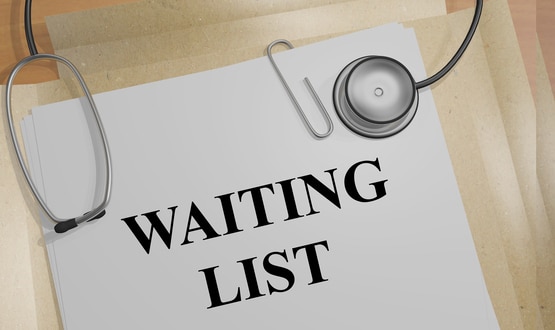Digital Health Coffee Time Briefing ☕
- 11 July 2024

Your morning summary of digital health news, information and events to know about if you want to be “in the know”.
👇 News
🤳 NHS Scotland is rolling out a new text message validation system in a bid to reduce its waiting lists. The initiative started last month for NHS Lanarkshire patients who are waiting for orthopaedic, endoscopy or dermatology appointments or procedures, according to the Scottish health board. The messages will confirm patients’ ongoing requirements to better allocate the resources available.
👩💻 A comment piece from The Chartered Institute for IT is calling for the new government to initiate chartered status for tech professionals, including those in the health service. Published on 5 July, it says that the government “should back chartered status for technology professionals, setting the same expectations of competence and ethics as regulated fields like accountancy and medicine”.
🚭 WHO’s first-ever treatment guideline for tobacco cessation in adults, includes a recommendation for more digital interventions such as text messages, apps and internet and AI-based interventions. The guideline was published on 2 July.
🌳 Jennifer Neff, managing director of Access Elemental social prescribing software has won the society award at in TechUK‘s annual President’s Awards. Neff was praised for her “dedication to making sure social prescribing is available to everyone who needs it”.
🌥️ A partnership has been formed between cloud-based healthcare software solution, Open Medical and dermatologic imaging tech company FotoFinder, according to a story on Health Tech World published on 5 July. The collaboration means Open Medical users will be able to integrate FotoFinder’s AI technology into their clinical workflows.
❓ Did you know?
BlackBerry’s Global Threat Intelligence Report, published 25 June, has highlighted the increased scale and sophistication of cyber attacks.
According to the report there was a 40% increase in new malware used in cyberthreats every minute, over the three-month reporting period. That means between January and March 2024 there were 5.2 attacks per minute.
BlackBerry reports that 60% of attacks were targeting critical infrastructure – including government, healthcare, financial and communication industries.
It notes that healthcare is becoming a prime target – as illustrated by the attack on pathology provider Synnovis which has affected services in south east London.
📖 What we’re reading
A pilot study, published in BMJ Health and Care Informatics on 4 July 2024, has explored the feasibility of using ChatGPT for patients with type 2 diabetes who are looking for information about exercise.
The researchers determined that the AI tool could be a useful supplementary educational tool, but that users should be aware of its limitations.
Basing their research on the 14 most-asked questions on exercise for managing the condition, they found that all 14 ChatGPT responses to the questions posed no danger and were completely useful. Four of the responses were considered to provide accurate information, but were incomplete.
🚨 This week’s events
11 July, virtual workshop – SomX Healthtech Communications: Fundraising Essentials



